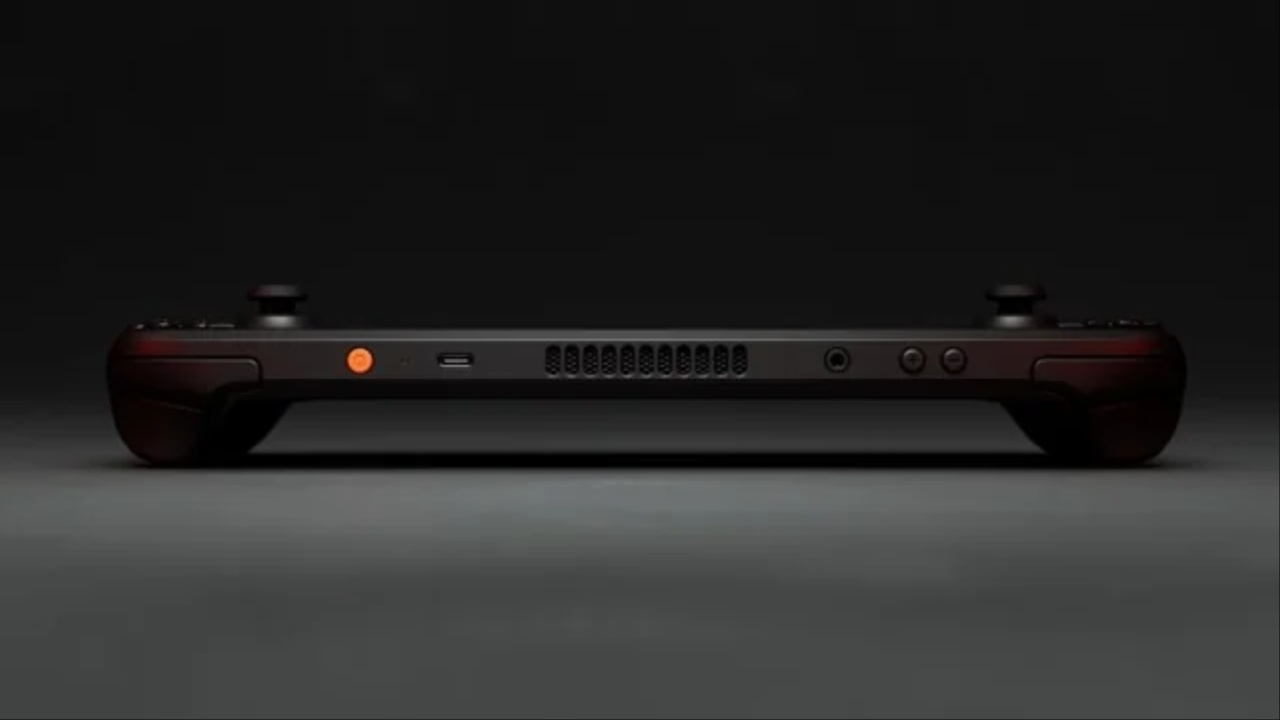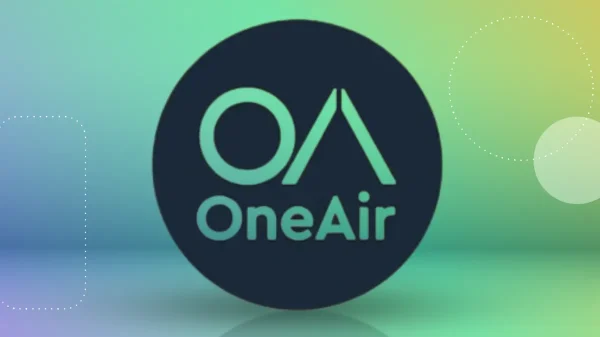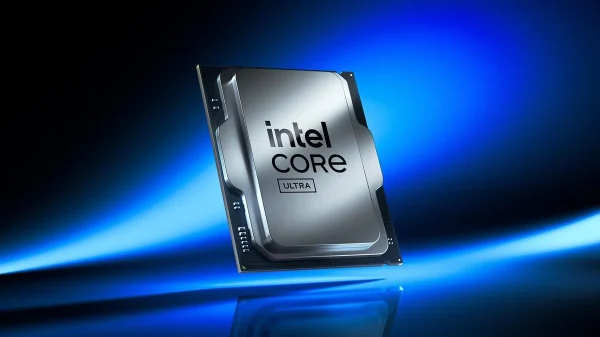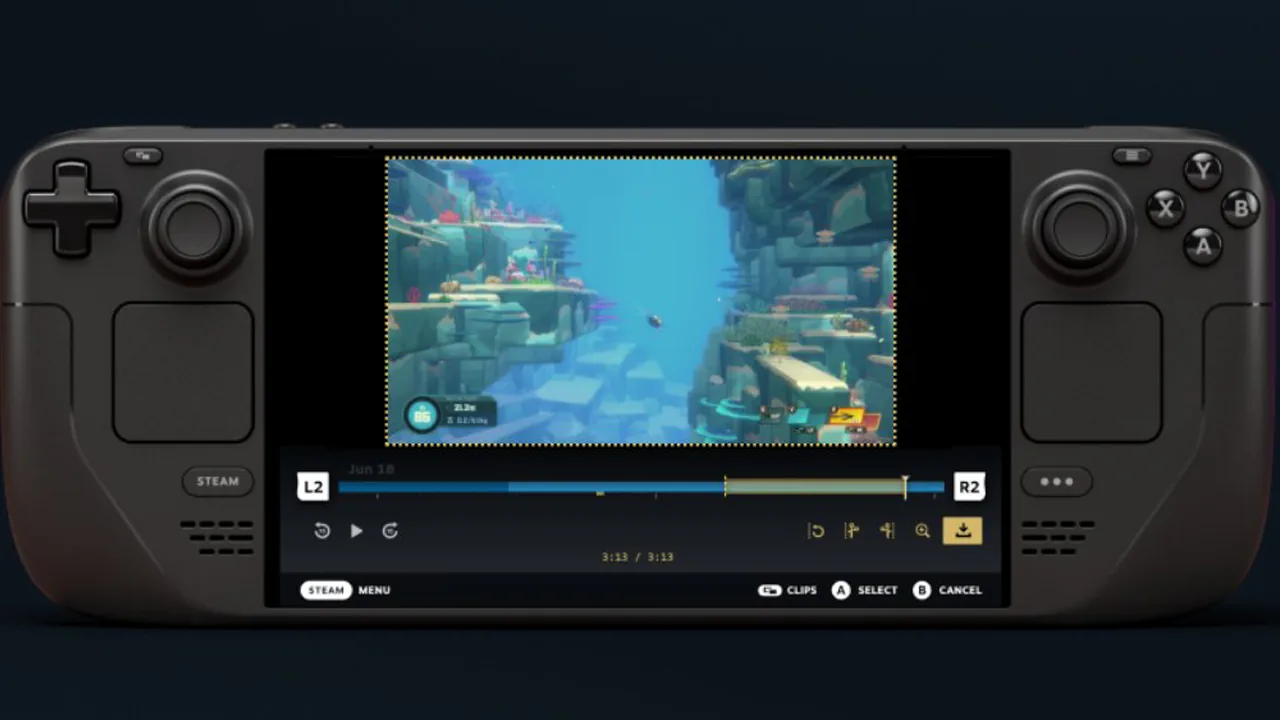Valve has signaled a departure from the industry trend of releasing annual updates for handheld gaming devices, focusing instead on delivering substantial performance improvements. In a recent interview, Lawrence Yang from Valve emphasized that the company does not intend to roll out new versions of its consoles each year, as they find no value in minor upgrades.
This stance highlights their commitment to providing consumers with a more meaningful upgrade experience, contrasting sharply with competitors who frequently launch slightly enhanced models.
The vision for the Steam Deck 2 involves waiting for a genuine generational leap in computing power, paired with efficient battery performance. Yang stated that Valve aims to ensure that the next model truly enhances the gaming experience rather than simply providing superficial changes.
This strategy reflects their dedication to creating devices that offer significant advancements, rather than adhering to a repetitive cycle of minimal improvements that could frustrate consumers who have just purchased the previous version.

Valve Prioritizes Meaningful Upgrades for Steam Deck 2, Shifting Away from Annual Device Releases
Since its launch in February 2022, the original Steam Deck has primarily relied on the AMD Zen 2 CPU, receiving only limited upgrades like the OLED version introduced in November 2023. This OLED iteration improved the display and battery life but did not focus on core performance enhancements.
By taking this cautious approach, Valve is positioning itself to generate excitement for a truly next-generation device that will provide users with a more powerful gaming experience.
While Valve may not be rushing to release minor updates, they are actively engaged in the development of the Steam Deck sequel. Yang has confirmed that this work is in progress, leveraging insights gained from the original model to inform their approach.
Although a precise timeline for the next generational leap remains uncertain, there is anticipation surrounding AMD’s upcoming technologies, including the Zen 5 CPU and RDNA 3.5 GPU, which could play a pivotal role in the development of future handhelds.
Beyond hardware, Valve is focused on enhancing the overall experience for Steam Deck users and the PC gaming community at large. Their collaboration with the Arch Linux team aims to streamline the SteamOS distribution, improving performance and usability for gamers.
Furthermore, Valve’s interest in expanding SteamOS’s reach suggests a strategic move to attract more developers, potentially leading to a broader ecosystem that supports their gaming platform and enhances user engagement.









































